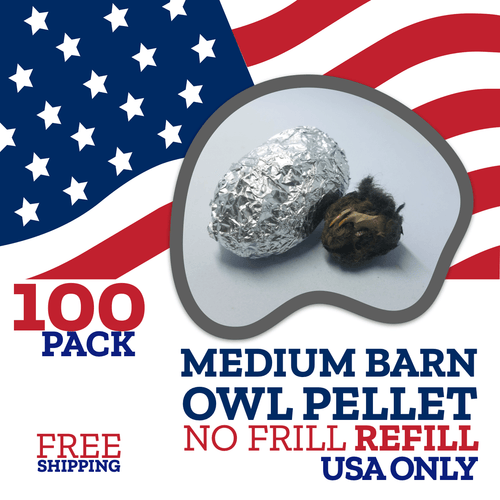| As the seasons change, we adapt – maybe we’ll turn the AC or heat on, we’ll start parking our cars in the garage more, or we’ll switch our morning coffees from hot to iced. Our clothing choices also change. During the winter, we’ll break out sweaters and jackets. In the summer, the shorts and flip-flops come out. Animals also have to adapt to the weather in order to survive.
So what do birds do to survive cold and hot weather?
Birds are warm-blooded animals and need to regulate their body temperatures when the outside environment gets really cold or really hot.1 There are several things they can do about this.
Cold Weather
Birds usually run at about 106 degrees Fahrenheit.2 During the winter, there are two big problems they face: maintaining that body temperature and finding food. Their best strategy to survive the colder months is to maximize their calorie intake and minimize their calorie output.3
In order to stay warm, birds might:
-
Shiver4
-
Huddle together
-
Drop their body temperatures temporarily2
-
Fluff their feathers & weatherproof them
-
Isolate blood to their legs4
Huddling together is a great way for birds to stay warm and preserve energy. When birds fluff their feathers, they’re able to capture air in the spaces around their bodies, which allows them to stay warm. Birds produce an oil at the base of their tails, and some birds that need to survive the winter will use that oil to protect their feathers from the elements.4
Isolating blood to their legs is something that waterfowl do. The process prevents the blood in their legs from circulating back through their bodies, so they can keep their bodies warmer.4 Chickadees, too, will drop the temperature of their feet. However, as the cooler blood runs back up their bodies, it’s warmed by the hotter blood running down to their feet, so they don’t lose as much energy or heat.3
Hot Weather
In hot weather, birds need a way to expel heat from their bodies to cool off, instead of keeping it in. A lot of times, birds will reduce their activity levels during the day when it’s hotter and will be more active when it’s cooler out.
To keep cool, birds might:
Gular Fluttering helps heat escape from the body.1 This is because it helps more air come in contact with the body and causes evaporative cooling.5 Birds will also fluff their feathers after a bath. The water helps them cool off, and then they’ll fluff up so they can get air to blow against their skin.1 Some birds will also bathe and then go back to the nest still wet so they can help their offspring cool off.5
While birds will regulate the blood flow to their legs during the winter to prevent heat loss, they’ll actually increase it during the warmer weather because it’s easier for heat to escape bare skin.6&7 The same goes for their bills. This is popular for tropical birds that have large bills, like toucans. Increasing the blood flow to that area also helps heat escape and cool them off.6
Not all birds hang around during the winter. A lot of them will migrate to warmer areas. Check out our blog post on Why Birds Migrate here!
|



